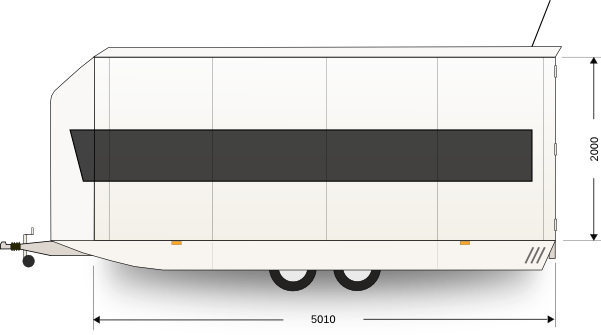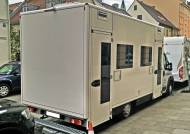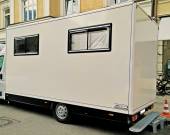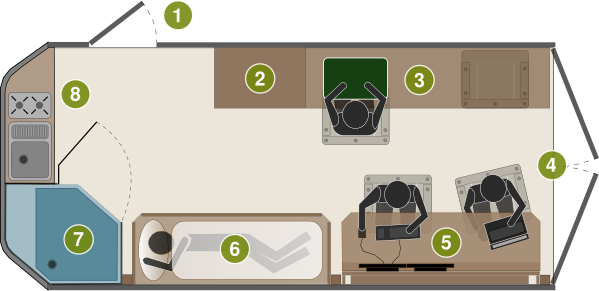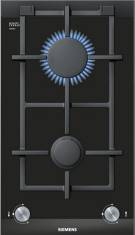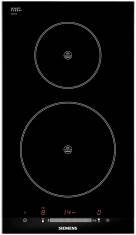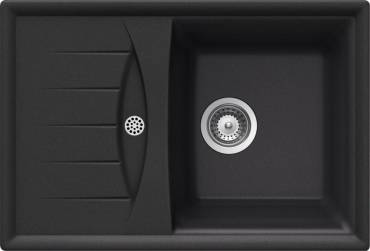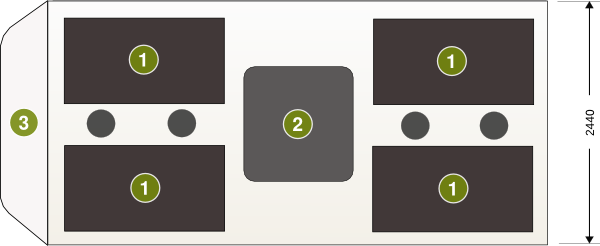Table of Contents
Aquarius (Landing-Module)
Vehicle
The Aquarius (LM) is a trailer, pulled by the Odyssey (CM) to a designated deployment area. It will serve as a means of transporting all the tools and infrastructure while travelling from one location to another and as a combined workspace/habitat for hackerspace/fablab operation.
The Aquarius is still not yet obtained/built! We need more support to get/build something like this in order to get the show on the road. If you want to help this mission to fly, please consider donating, so that we can get this trailer.
All tools and machines will have to fit in the Aquarius, so special consideration needs to be taken into account for weight and volume distribution. To make matters even more complex, it needs to be a bit like a transformer, so that the crew can change it to given tasks i.e. when people are working, the places to sleep need to be hidden in order to make room for people to work. It also has to sustain harsh weather conditions and also offer good insulation, in order to minimize the amount of energy needed to keep the climate within the LM at a friendly/tolerable level for human beings.
The Trailer should be within the following specs:
- 4.5-5m inner length max.
- 2m inner width
- 2m inner height
- at least 1200kg of payload capacity
- two axles/4 wheels for safety
- Basic/Advanced insulation (sandwich compound material)
Feature Candidates
| Manufacturer | Model | Box L | Box W | Box H | Payload Capacity | Tyres |
|---|---|---|---|---|---|---|
| WM Meyer | AZ 2745 | 4.5m | 2m | 2m | 1.8T | 10“ |
| Woermann | Cargoliner 3050/201 HL | 5m | 2m | 2m | 1.9T | 14” |
| Unsinn | PK 2648-10-2040/tandem | 4.86m | 2m | 2m | 1.5T | 10“ |
| Unsinn | PK 2654-10-2040/tandem | 5.46m | 2m | 2m | 1.45T | 10” |
Other trailer manufacturers in Bavaria, found on http://www.pkw-anhaenger.com/hersteller.php :
- http://www.hr-fahrzeugbau.de/ (looks quite alternative!)
For its mission tasking, the Aquarius must be able to operate fully self-sustainable even to the point, where it can offer infrastructure services for its surrounding area (i.e. power, local telecommunications, (wireless) network access, data storage, long-range communication, environment monitoring). Many of the components built for the Odyssey should be compatible/interchangeable between the two modules in order to have a somewhat redundant system that can be quickly replaced when the module is not needed in the other system. This will help to prevent problems like on Apollo 13, where the CO2 filters of the CM didn't fit into the mounts of the LM (how do you get a square pig into a round hole?)
Interior Design and Modularity
| # | Description |
|---|---|
| 1 | Starboard side-door (60cm) |
| 2 | Infrastructure/Closet |
| 3 | Hardware Workbench (Solder/Mechanic/CNC machinig) |
| 4 | Double full height aft doors |
| 5 | 2nd convertible Bunk/Desk in Desk Mode |
| 6 | 1st convertible Bunk/Desk in Bunk Mode |
| 7 | Wet cell |
| 8 | Galley |
Galley
Test/Prototype components have been deployed and are being tested at the launch site for a couple of months now. Components have been selected with focus on flexibility and resilience.The Cooking fields have a ceran surface for easy cleaning and the dual gas/induction combo gives maximum flexibility for any kind of deployment or cooking scenario. The sink is mineral-casted and very sturdy.
Cooking
- Siemens ER326BB70D 30cm Ceran Induction field (when grid power is available)
- Siemens EH375ME11E 30cm Ceran Gas field
- Modified to use with Propane/Butane and 30mbar with other nozzles (Siemens HZ298010)
- GOK 0515030 | 29 mbar | 1,5 kg/h | Low pressure regulator (Type EN61-DS PS 16 bar)
Unfortunately, Siemens has a long history in all of the old economy workflows and dealer network dependencies, which makes them kind of slow to adapt to the 21 century. Neither in the manual nor in the shop is any information about the Nozzle Kit (probably this info goes only to “approved dealers”. However, when you search for Siemens HZ298010 you'll find a couple of sources offering them in Online-Shops, it's a complete set with nozzles and air supply modifications (in case it is needed, it was not for the EH375ME11E when using a 30mbar nozzle) for many different types of Gas sources and pressures.
To change the nozzle, just unscrew the grey gas/air mix chamber and you will have access to the nozzle from the top (no need to open the backside). Once released a pair of pincers was used to safely unscrew and pick it up (there is risk that you drop it into the case :/) and select/insert the new nozzle according to the datahsset that comes with the Nozzle Kit.
Wet Area
- Schock GEND100SAGNE Granite sink
- Schock Leva, Nero, 511120GNE Single-lever mixer tap with retractable shower head
Galley Control
Arduino/SparkCore/Raspberry controller. Since gas is a nice, alternative energy carrier and offers another option in case of infrastructure outages, this setup is much more resilient against utility failures/unavailability. However, gas leaks might be a risk, so sensors are deployed, to manage that risk autonomously.
- Lights
- Sensors
| Sensor | Target | Description | Mount |
|---|---|---|---|
| MQ7 | CO | Carbon-monoxide (Combustion product) | Top/Ceiling |
| MQ4 | CH4 | Methane (Natural Gas) | Top/Ceiling |
| MQ2 | C3H8 | Propane (Camping Gas Mix) | Bottom/Floor |
| MQ2 | C4H10 | Butane (Camping Gas Mix) | Bottom/Floor |
Wet Cell
Small area but enough to take a shower.
Water infrastructure
Tanks
Freshwater
To be determined after vehicle is available
Used water
To be determined after vehicle is available
Warm Water Generator
Based on tankless Water Heater Eccotemp CE L5 (LPG 30mbar/5kW) which will supply warm water for the galley and the wet cell. It needs a little hacking in order to get rid of the battery power supply of the Eccotemp (ignition) and will also get TEGs (Thermo Electric Generators) to convert exhaust heat into electricity for battery charging as well.
Pump
Flojet 3526-144A, 3.4 Bar, 12 Volt
Modular Bunk/Desk
Bunk
80x190cm Bunk Size
Other Manufacturers:
http://www.matratzen-ab-werk-shop.de/ http://ravensberger-matratzen.de/matratzen/7-zonen-latex/7-zonen-natur-latexmatratze-im-raumgewicht-rg-80.html
Desk
60x190cm Desk Size
On-Board Systems
Power Distribution Unit (PDU)
Station Keeping Unit (SKU)
Main Computing Unit (MCU)
User Interface
Multimedia
Networking
Communication
VoIP
Phillips V6500 VoIP WLAN Phone
VHF/UHF
ICOM PCR-1000
HF
ICOM IC-756 PRO III
Antennae
HF
The End-Fed Multiband by DL7AB made it onto the cover of the Rothammel antenna book, which is somewhat of a reference around HAMs when it comes to antenna theory. This antenna was chosen as it seemed to be the best compromise between length, intrusiveness and workable bands. Other HAMs have also successfully used and tuned this antenna type in mobile setups.
- Length of wire: 40m (incl. wire on the coil)
- Coil: 5 turns @ 50mm diameter - length: 100mm
- Choke: 7 turns of Coax @ 300mm diameter or ferrite chokes as a chain on the mantle
- UnUn: WiMo 16:1 “magnetic balun”
The wires were specifically selected according to the following parameters:
- Small diameter and “camouflaged” color (neutral grey and black) for invisible/inconspicuous deployment
- Mixed strand configuration
- Inner strands: Stainless steel for stability
- Outer strands: Silver wires for best antenna conductivity
- Coated with PTFE Mantle
Energy
Off-Grid
Solar
500-600W PV Panels on the roof
Wind
C-Rotor prototype VAWT 1.5m diameter on-site deployment
Water
Small creeks with high hydrostatic pressure (low volume)
Pico Pelton-Turbine → 3.5kW generator (direct)
Rivers with low hydrostatic pressure (high volume)
Water-Wheel → 1:X transmission → 3.5kW generator
Biomass
Real-World prototyping and testing of helios
APU
In case of higher energy demands or energy shortages the apu will kick in.
Batteries
Grid-Inverter
Votronic MobilPOWER Inverter SMI 1000 ST-NVS
http://votronic.de/index.php/en/products2/sine-inverters/standard-version/smi-1000-st-nvs
On-Grid
Grid Charge Controller
Votronic Automatic Charger Pb 1240 SMT 3B
